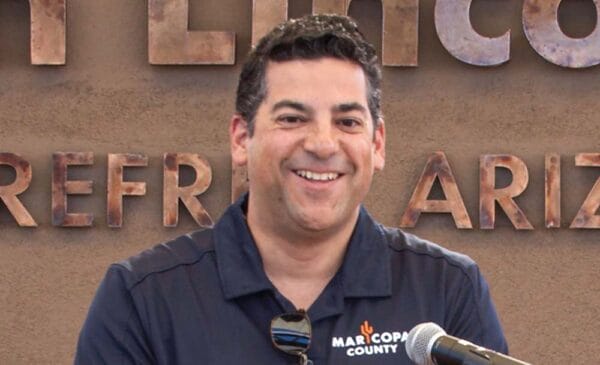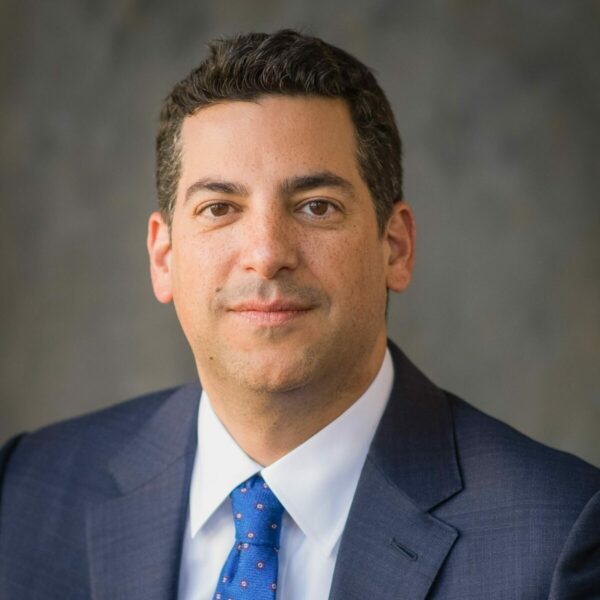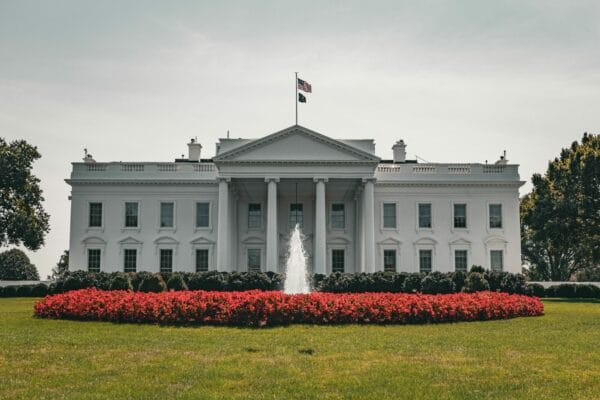
By Mike Sunnucks | Rose Law Group Reporter
Some top business executives and dealmakers are bracing for higher taxes and the legalization of marijuana if Joe Biden and Democrats do well in November.
“We’re prudent to plan for higher taxes,” said Joe Blackbourn, president, CEO and founder of Everest Holdings, a Scottsdale-based real estate investment firm.
Blackbourn talked about the election potentials Friday during Rose Law Group’s New Virtual Power Lunch.
Higher federal taxes could come if Joe Biden beats President Donald Trump in November and Democrats win the U.S. Senate. The race between U.S. Sen. Martha McSally (R-Arizona) and Democratic challenger Mark Kelly is one of the key contests.
Biden has promised to raise taxes on the wealthy and would rollback Trump’s previous tax cuts and new payroll tax holiday if he wins in November.
Blackbourn said his real estate investment firm is planning for that possibility during the Rose Law Group forum.
At the state level, the Invest in Ed ballot measure would raise state income taxes on the wealthy. The ballot measure which was will be on the November ballot after an Arizona Supreme Court ruling on its petitions would impose a 3.5 percent tax hike on individuals making $250,000 or more a year and couples making $500,000 a year or more.
The revenue would go towards schools and to boost teacher pay. Critics including the Arizona Chamber of Commerce worry it will discourage economic development and put the state on a higher tax path akin to California.
Veteran Arizona economist Elliott Pollack said the risk for tax increases is that they can eventually hit a level that send high-income earners, entrepreneurs, and businesses out of the state.
Pollack and Blackbourn both voiced a preference for a split decision in the presidential and congressional races. That could keep one side or another at bay.
A Democratic sweep at the federal could usher in aspects of the Green New Deal including more solar and sustainable energy as well a federal minimum wage increase, increase regulations and a federal push for the legalization of marijuana.
Arizona voters will also get a chance to legalize marijuana for recreational use this November. The legalization proposition would impose a 16 percent tax on cannabis sales.
Ryan Hurley, general counsel of cannabis grower Copperstate Farms, said the state’s medical marijuana industry totals as much as $700 million now. He said that would likely double if voters legalize marijuana for recreational use in November.
Arizona voters narrowly turned down a legalization measure in 2016. Polls have shown stronger support for legalizing pot in November.
Hurley said passage would also bring in tax revenue for community colleges, public safety as well as public and mental health.
The allocations for public safety (including law enforcement) aim to appeal to moderates and Republicans but also come as progressive activists make a push to decrease or reallocate police funding.












